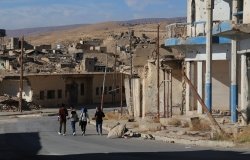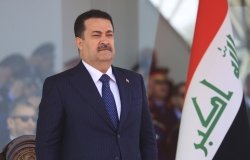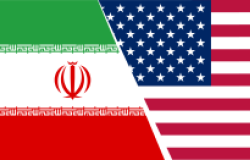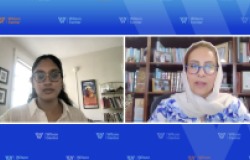The Stalled Arab Spring
Unless the Arabs figure out a way to share power toward some common purpose, the prospects for anything resembling democratic and accountable polities will be slim to none, writes Distinguished Scholar Aaron David Miller.
More than a year into to the Arab Spring, one inconvenient and politically incorrect truth stands out: the Arabs are much better at acquiring and fighting over power than they are at sharing it.
The first round of presidential elections in Egypt last week was hailed as a major step forward. And it is for a country that’s never had a free and fair election.
But buyer beware. Unless the Arabs figure out a way to share power toward some common purpose, the prospects for anything resembling democratic and accountable polities will be slim to none.
During a break in their 1971 negotiations, Henry Kissinger asked Chou En Lai what he thought of the impact of the French Revolution on world history. Chou replied that it was too soon to tell.
Time will indeed be the ultimate arbiter of the arc of change loosed in the Arab world. Be patient, we’re told, a year or so is hardly sufficient time to judge the course of that democratic path.
Fair enough. It took our own civil war and another century and a half just to broaden a constitutional framework within which the problem of racial equality in America could be addressed. And we’re still not there yet.
Still, America’s size, natural resources, physical security and that remarkable constitutional framework (however flawed) gave it natural advantages absent from what is still an angry, broken and dysfunctional Middle East.
Looking around the region, the trend lines for real power sharing, inclusive institutions and leaders with truly national vision just don’t look all that good. Three challenges are going to make transitions to real democracies even harder.
Read the rest of Aaron David Miller's piece at The National Interest.
About the Author


Middle East Program
The Wilson Center’s Middle East Program serves as a crucial resource for the policymaking community and beyond, providing analyses and research that helps inform US foreign policymaking, stimulates public debate, and expands knowledge about issues in the wider Middle East and North Africa (MENA) region. Read more









